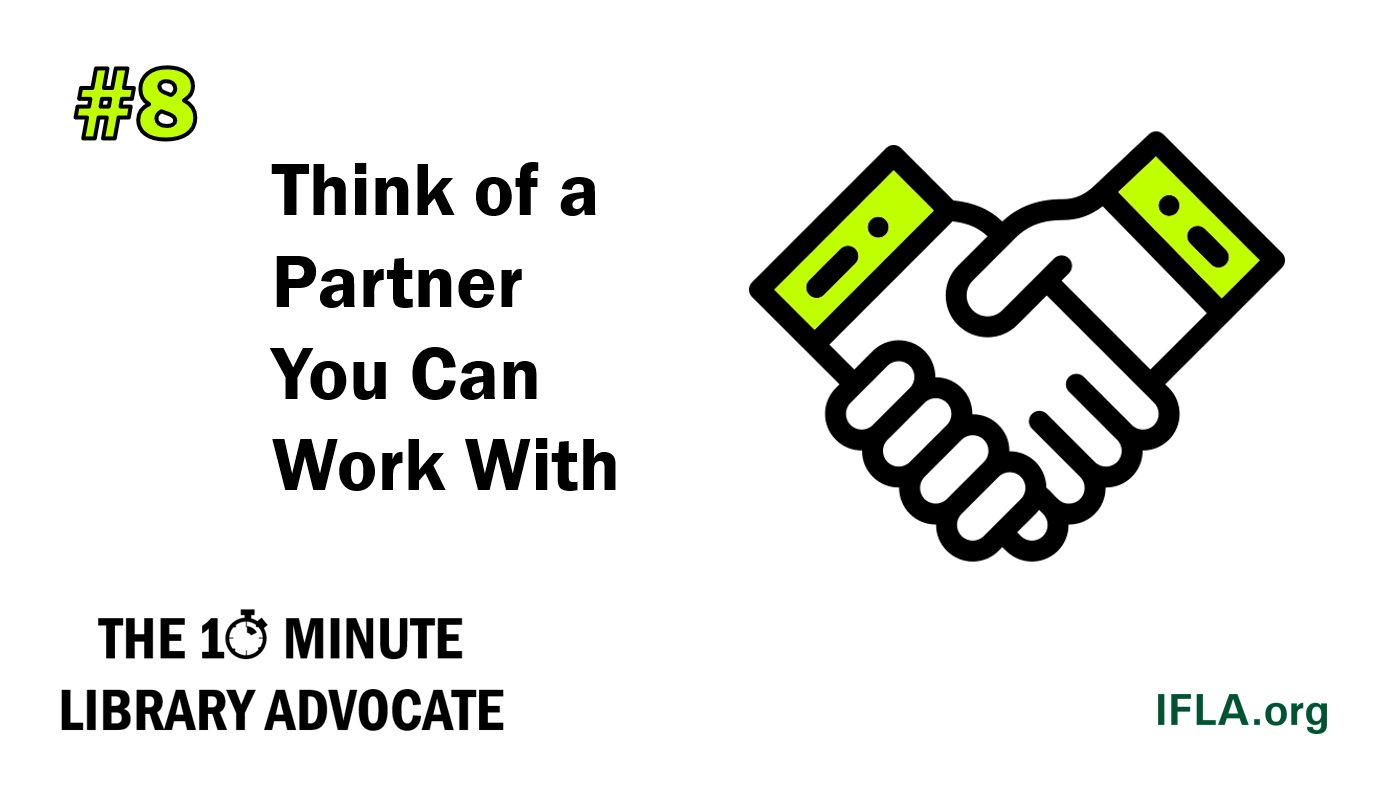Presentations of the Sustainable Development Goals (SDGs) often highlight their focus on five ‘P’s – people, planet, prosperity, peace and partnerships.
These help underline the different dimensions of the 2030 Agenda, running from the individual to the global, the balance between the different pillars of sustainable development, and the vital role of collaboration in achieving success.
As such, they are a helpful reference point in making sense of a set of goals which are, admittedly wide and complex. While the SDGs are organised around different policy areas, the five ‘P’s arguably work at a more human level, touching on issues that, hopefully, make sense for everyone.
The same device can help in thinking about how libraries themselves contribute to SDG delivery. In this blog, we look not at five, but six ‘P’s of libraries and development. These break down into two sets of three, reflecting both traditional and emerging roles of libraries.
The Traditional Roles: Protectors, Providers, emPowerers
When looking for the first time at the SDGs, the targets that often stand out most for libraries are 11.4 (safeguarding heritage), 16.10 (access to information), and 4.6 (universal literacy). They can serve as a powerful entry point to engagement with the SDGs, underlining the alignment between libraries’ core missions, and the goals set out by world leaders back in 2015.
These goals, in effect, highlight our first three ‘P’s of libraries and the SDGs:
Protectors: libraries, and in particular national and research libraries have a key role in safeguarding our heritage for the future (SDG 11.4). Through this work, they give future generations the opportunity both to enjoy and learn from the past.
While this is an explicit goal in SDG 11.4, it is also implicit elsewhere, not least SDG 16.6 – effective, accountable and transparent institutions. Without the work of libraries and archives to preserve and store documents, it becomes far too easy to hide, and so escape responsibility for, past actions.
Providers: libraries of course have a core function in ensuring equitable access to information, regardless of revenue, through the works in their collections.
SDG 16.10 highlights this in particular, but other goals also stress the importance of access, including 2.3 (access to knowledge in agriculture), 3.7 (access to health information), 9.5 (supporting scientific research) and 13.3 (access to information about climate change).
EmPowerers: Libraries have long understood that meaningful access to information is not just about the availability of information, but the skills to use it. This is why we have librarians! Looking beyond fundamental literacy – the objective of target 4.6 – the SDGs also recognise that wider skills are necessary if we are to achieve development.
For example, target 4.4 focuses on wider skills for life, and 5B underlines the need for women to have the competences necessary to use enabling technologies such as ICTs. Target 17.8 also highlights the need for all to become digitally literate, in order to make full use of the internet.
The Emerging Roles: Portals, Partners, Platforms
Nonetheless, the work of libraries goes further still. What makes this possible is when libraries are able to collaborate, uniting their own unique strengths with those of others, from government, civil society or business.
The other three ‘P’s refer to these collaborations, where libraries increase the impact of the work done by a wide range of different actors in order to achieve the SDGs. In turn, these demonstrate the ability of libraries to contribute to success across the board.
Portals: rather than just providing services themselves, libraries often act as an entry point to services offered by others. From noticeboards and internet access to more active signposting, the library can be a great way for people to access more specialist help or support.
Crucially, visiting the library may not be associated with the same stigma as visiting a job centre or other official building, while the presence of staff can give users the possibility to find their way through the huge volume of information available otherwise.
In turn, libraries help increase the impact of other services by increasing take-up rates among the communities that need them, as well as providing free promotion in general.
Partners: going beyond providing access to services elsewhere, libraries can increase the range of services on offer within the library through forming partnerships. For example, supporting digital skills, running discussion series, or running courses cannot always rest on the shoulders of librarians.
Instead, the library can bring together its own staff, space and nature as a community meeting point with the skills of others – coding clubs, local associations, continuing education centres – in order to provide an offer that drives progress across the SDGs.
Platforms: finally, and faced with the need for efficiency in public spending and effectiveness in wider service delivery, we are seeing increasing examples of libraries acting as platforms for others.
From community healthcare to census sign-up, or from meeting rooms for business to acting as nodes in local WiFi networks, libraries can also provide a unique solution for the delivery of services, even with relatively little day-to-day input from librarians.
In the case of public services, they can mean there is less need for separate offices, and also help residents by providing them with a ‘one-stop-shop’ where they can access both library and other services. In the case of support to the private sector, while there clearly is a need to avoid unfair competition with others, libraries can be a lifeline for smaller emerging businesses that can drive local jobs and prosperity.
The six roles presented here, hopefully, provide a useful tool for thinking through how libraries help deliver not only on the SDGs, but also on any other policy goals. In particular in the case of the last three, it is clear that the contribution of libraries is not restricted to a subset of the SDGs, but can stretch across the 2030 Agenda, and beyond.
See also our infographic highlighting the 20 SDG targets which refer, implicitly or explicitly to the SDGs.
